A Short History of Doing it Anyway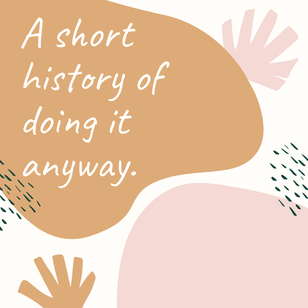 Last year I applied for a podcast producer job. I didn't get it, probably because I'd never done it before (which is fine). I could have let the door close on that idea but instead it made me determined to do it anyway. After pitching Making A Soundtrack to fellow composer (and now firm pal) Dan Watts, we started to plan the first series. At this point neither of us had much of an idea of what we were doing, but the kernel of the idea propelled us forwards. Fast forward 19 episodes and we have just closed series 1. We've had amazing guests from the TV drama industry, and - more importantly - learned how to produce a podcast BY DOING IT. We are now in a position where we're planning series 2 knowing what works and what doesn't. By the way, I've learned such a lot from series 1: how to plan a podcast, book guests, interview people; how to avoid speaking over each other, how to edit dialogue, how to collaborate well; and - I suppose - how to be brave in a new environment. If there is any advice here, it's that if you have a creative idea and think you can do it, then do it. Don't wait for others to give their permission; settle on an idea, plan well and get it done. In my humble opinion it's the best way to get better at any creative craft. That's all, I just wanted to share my small milestone of producing my first podcast series. If you've heard it and enjoyed it I'm glad. If you haven't and want to check it out go to www.makingasoundtrack.com and have a look around, or just look it up on your podcast app. Happy Friday Gareth #SoundCelebration Day 24: #Hashtag Poems
I'm open to talking to anyone about producing high quality original content, so feel free to get in touch. In the meantime, here's Ian McMillan reciting one of his 'Early Strolls' with music and sound design by me. Have a wonderful Christmas and New Year everyone, and here's to a happy and productive 2020. #SoundCelebration Day 23: Making A Soundtrack Podcast
#SoundCelebration Day 22: Have You Ever Seen
#SoundCelebration Day 21. Spent Force by screenless Comedy
In early 2019 I offered to make a voice reel for my friend Lindsay. Somehow, during a walk in the park afterwards, we found ourselves planning to make a really rather silly recording of one of Lindsay's characters, Inspector Reg. If you'd like to check out the rest, the first three chapters are on the screenless Comedy podcast channel, but you can hear the first chapter below.
20/12/2019 #SoundCelebration Day 20: Letter From The Front Line by Band of One (Handmade EP)Read Now #SoundCelebration Day 20: Letter From The Front Line by Band of One (Handmade EP)
#SoundCelebration Day 19: OUDRA audio identMy pal Mike. He's the kind of guy who has no idea of the positive impact he leaves wherever he goes. Back in the day Mike designed the EP covers for the band I was in. Later he formed his own creative agency called eatsleepthink (a remarkable company), and so when I made the leap to full time composing, Mike was there feeding me work (of course he was). One of the first jobs I did as a pro composer was this, for Mike. I shall be forever grateful to him for taking a punt on me. This industry is all about clients taking chances, and Mike's attitude has given me a sense of responsibility to help others whenever I can. By the way, Mike's team designed the screenless logo. Good, innit? 18/12/2019 #SoundCelebration Day 18. The Little Bit Lost Ladybird by screenless Kids (Garden Tales)Read Now #SoundCelebration Day 18. The Little Bit Lost Ladybird by screenless Kids (Garden Tales)
#SoundCelebration Day 17. The River by Band of One (The River EP)
#SoundCelebration Day 16: Bellycopter by screenless Kids (Wibbly Rhymes)
|
Details
AuthorPosts by Gareth Davies. Archives
November 2020
Categories
All
|
© 2024 The Sound Boutique Limited. All rights reserved.
Registered address: 11/12 Hallmark Trading Centre, Fourth Way, Wembley, Middlesex, United Kingdom, HA9 0LB.
Registered address: 11/12 Hallmark Trading Centre, Fourth Way, Wembley, Middlesex, United Kingdom, HA9 0LB.

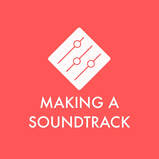
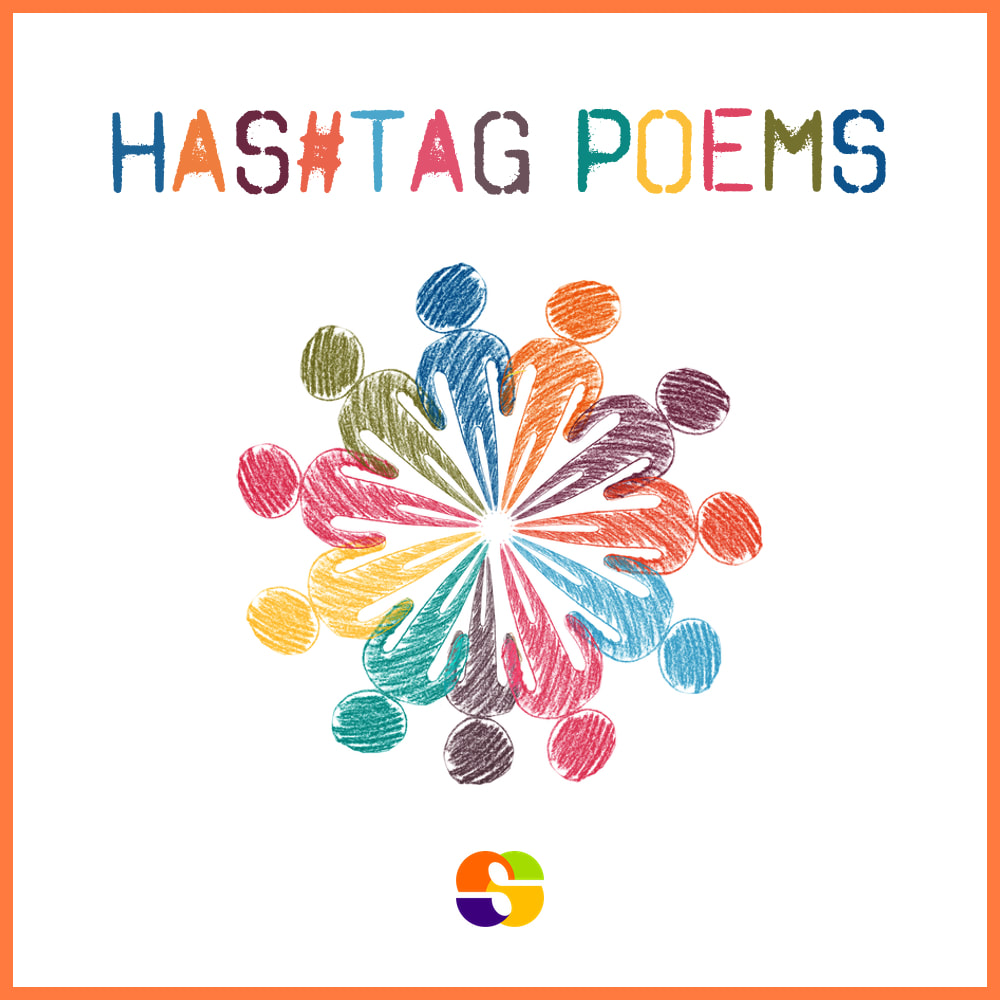
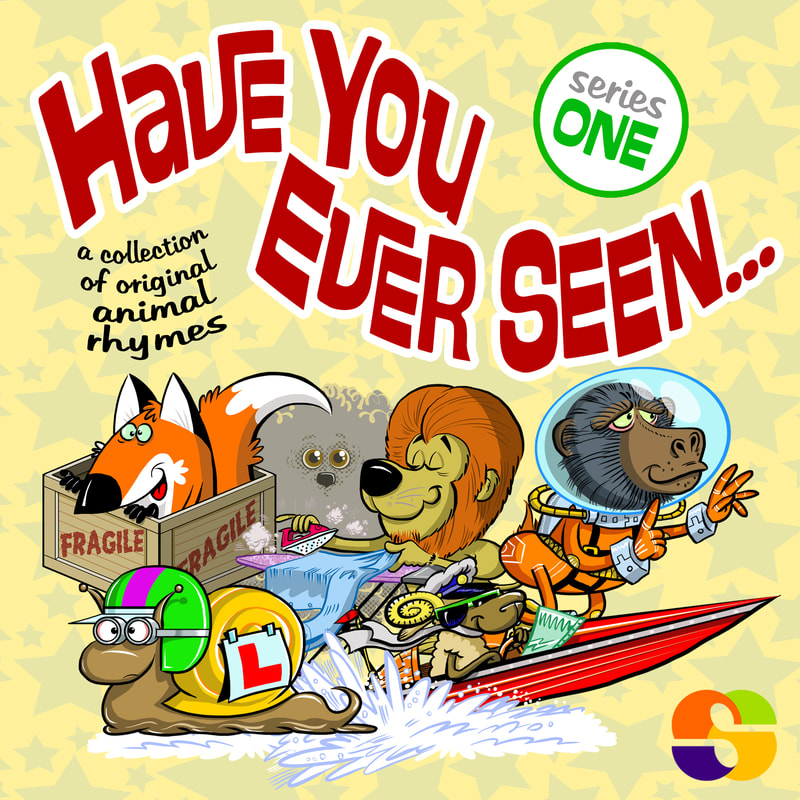
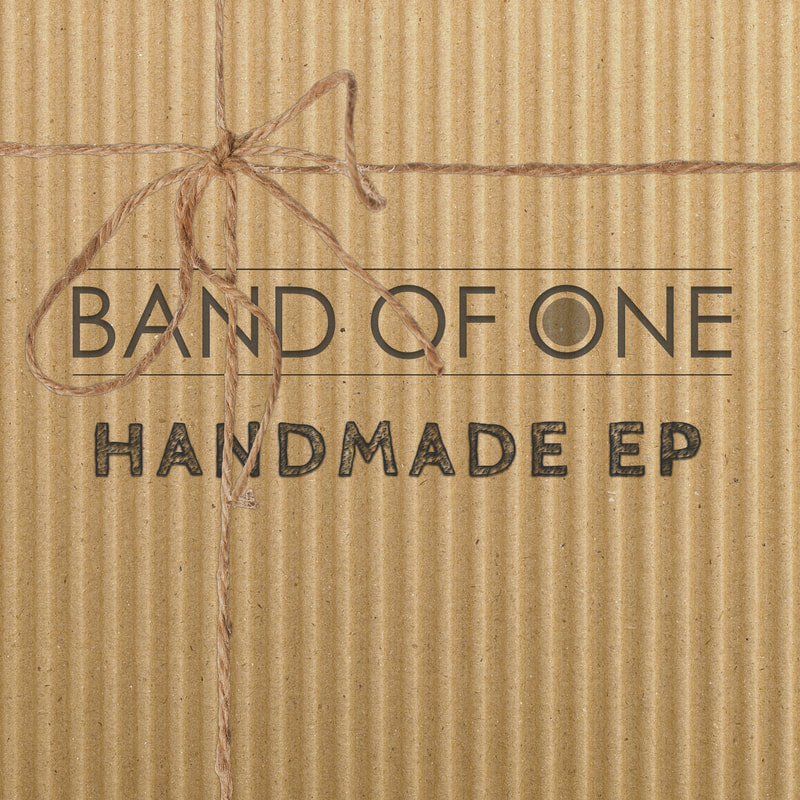
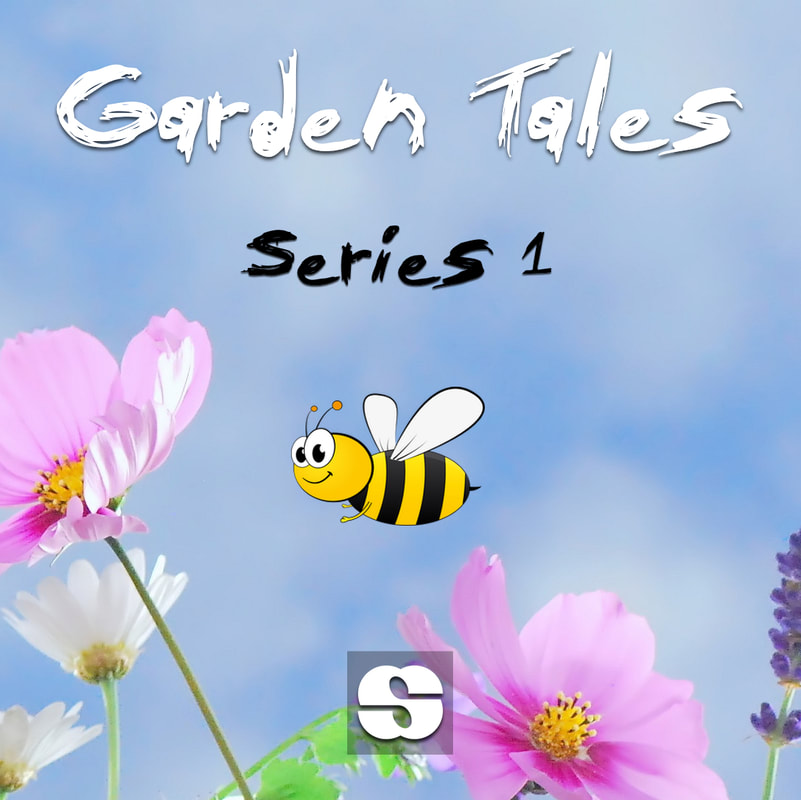
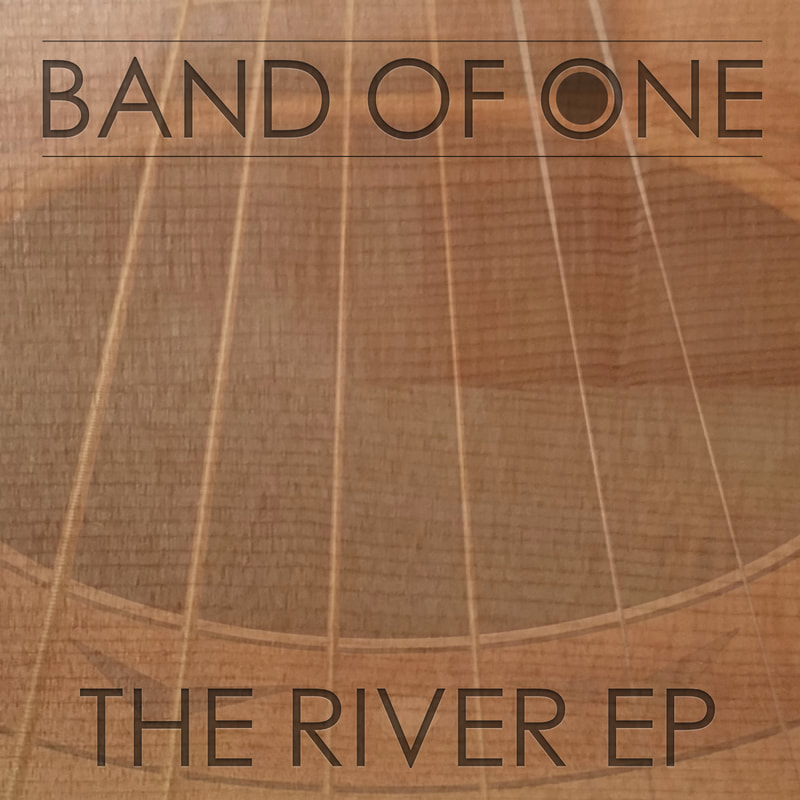
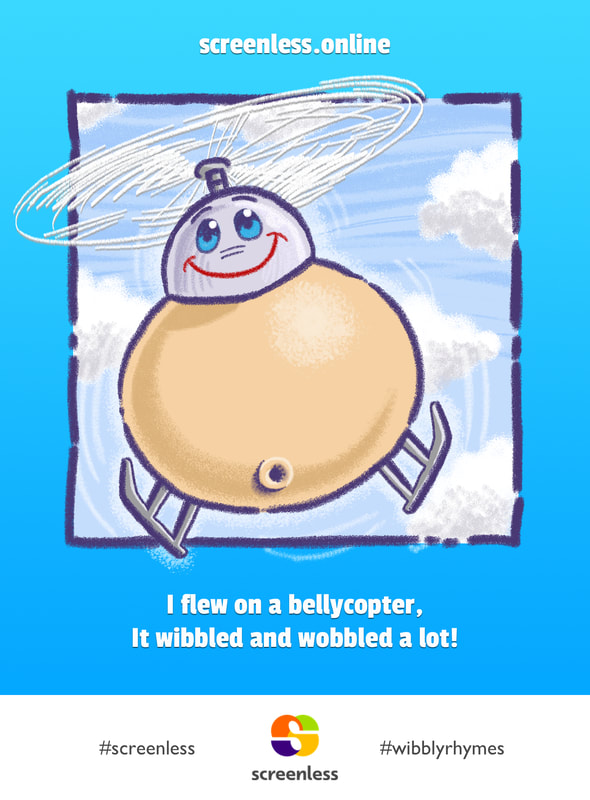
 RSS Feed
RSS Feed